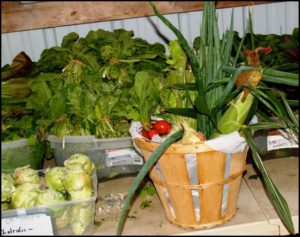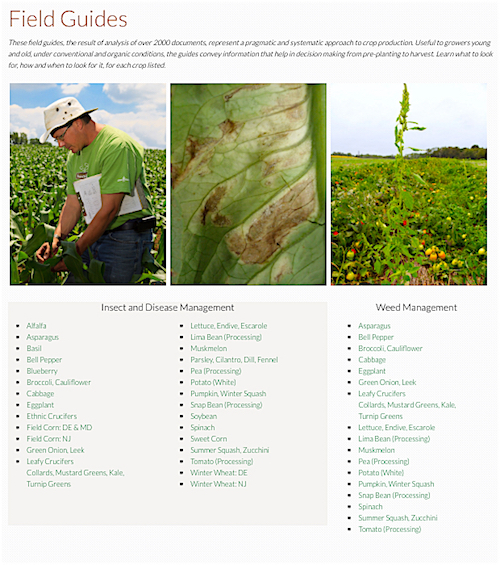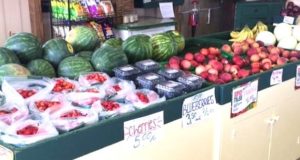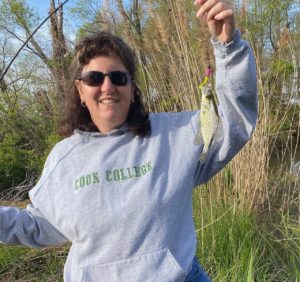By Michelle Infante-Casella and Stephen Komar, Agricultural Agents-Rutgers Cooperative Extension
Where does food come from? Does the U.S. produce enough food to feed all Americans? Let’s stop right there for a minute and go back almost 5 decades.
In the 1970’s gasoline and other energy prices soared causing an American economic crisis. Our country was reliant on foreign oil sources. The US economy struggled, unemployment rates soared, and uncertainties prevailed. Yes, fuel is necessary for transporting people, moving products, for industrial processes and heating homes. However, Americans adapted and made changes to their habits to adjust to the shock of high-energy prices. These changes presented many challenges, but we persevered and over-time the U.S. tapped into domestic resources and the energy industry developed technologies to make us less dependent on foreign energy.
Let’s move ahead to today. This time it is not energy supply at risk, it is literally human lives that are being impacted by a worldwide pandemic. Once again uncertainties – this time food supply and safety are at the top of the list and causing anxiety for many households. Again, the consumer has adapted their preferences and habits in response to this new challenge. Today, consumers still desire fresh, healthy food, but are adapting their shopping habits to include, social distancing, shopping online and other methods to meet their dietary needs.
Going back to our original question, ‘Where does food come from?” To those in the agricultural industry the answer is obvious, but where our food comes from is often not considered by many Americans. The New Jersey Farm Bureau coined the slogan, “No Farmers, No Food”. But how can our farmers meet the changing demands of the consumer in response to the Coronavirus pandemic? Just like the American consumer, New Jersey farmers are changing the way they provide delicious, locally produced food, directly to the consumer.
Let’s face it – everyone enjoys visiting a local farm or farmers market. Not only can customers purchase some of the freshest fruits, vegetables and other products directly from the farmers who produced them, they can enjoy spending some time in the beautiful outdoors. Although most people are familiar with the traditional roadside farm stand, there are several unique products being sold by New Jersey’s innovative farmers. Everything from farm-fresh cheeses to locally raised meats like beef and pork, locally produced beverages, salsa and jellies, to farm-fresh poultry products are being produced right in your backyard. Many local farmers have incorporated Center for Disease Control guidelines including enhanced food safety, social distancing and other precautions to help ensure consumer safety. Some farmers are now offering a variety of ordering and payment options and even providing prepackaged delivery to your vehicle curb-side or to your home.
A CSA or community-supported agriculture is a great way to share in the experience of a local farmer. Much like the stock market, CSA members pay a fee in exchange for a “share” of a farmer’s crop. In exchange for their investment in the farming operation, members receive a percentage of the annual harvest while gaining the satisfaction of knowing where their food was produced and watching it come to fruition throughout the growing season. CSA members are rewarded with delicious yields and excellent returns on their investment in the form of farm-fresh products. Some innovative producers are providing virtual tours of their farms to give consumers the on-farm experience from the comfort of their homes. To learn more about CSAs check out the Rutgers Cooperative Extension fact sheet, Community Supported Agriculture: A Farmer’s Overview.
To help get the word out about New Jersey agricultural products some resources are available. The public can use the Find Jersey Fresh webpage or the NJ Farm Bureau webpage Local Farms – Local Food to find nearby farms with retail markets. Additionally, using your own social media pages and other outlets can attract customers. Farming is an essential industry and everyone depends on farmers to provide food. NO FARMERS NO FOOD.
 Articles in this section contain information helpful to the NJ commercial organic grower.
Articles in this section contain information helpful to the NJ commercial organic grower.
 t webinar series, every Tuesday in May from 7:00-8:00PM to assist farmers with on-farm direct marketing operations to develop strategies for the 2020 season. This 4-part, weekly program will present and discuss the following topics:
t webinar series, every Tuesday in May from 7:00-8:00PM to assist farmers with on-farm direct marketing operations to develop strategies for the 2020 season. This 4-part, weekly program will present and discuss the following topics: ommitted to the agriculture industry and all interested in growing plants, raising livestock and essential resources related to agriculture. The program now features a new
ommitted to the agriculture industry and all interested in growing plants, raising livestock and essential resources related to agriculture. The program now features a new 
 ertain time together.
ertain time together.